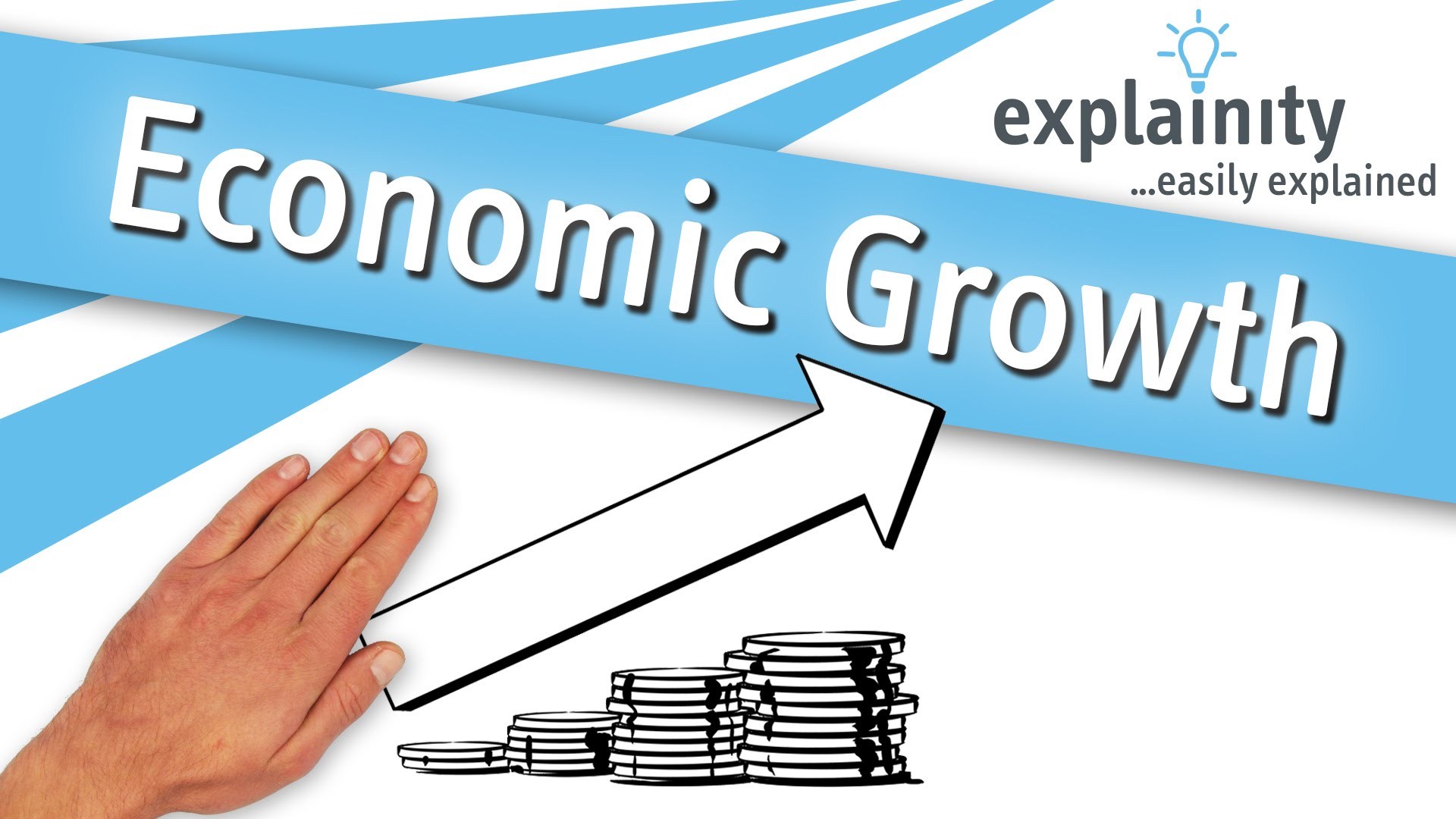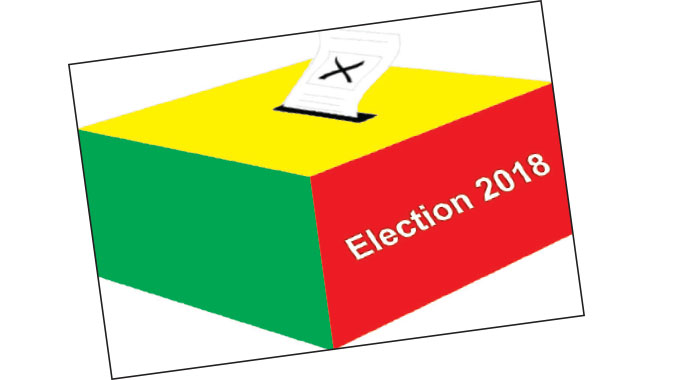Race to become Africa’s gateway

An intriguing contest is underway to emerge as the “gateway” to doing business in Africa. South Africa, the continent’s largest economy by GDP, is currently in pole position by virtue of the size, sophistication and connectivity of its economy to the rest of Africa and the globe. But in the past decade, a series of policy missteps, periodic bouts of xenophobia, a clumsy foreign policy as well as a marked deterioration in its business environment has seen the country lose significant ground to other nations. By contrast, Mauritius, Morocco, Kenya and even Dubai have intensified their efforts to be the preferred launchpads for businesses with a pan-African focus.
As the race now hots up, who will emerge as the favourite for this prestigious title?
South Africa
Despite its geographic location, South Africa’s advantages are well-documented. From its roads and ports, to well-developed financial, commercial and legal sectors, it is more advanced than any country on the continent. Indeed, it consistently tops the Ernst and Young Africa attractiveness index.
Yet for investors, frequent policy goals have seen South Africa’s status slip dramatically. Three finance ministers in a weekend in 2015, an unresolved mining charter, rigid migration and labour laws, deteriorating creditworthiness, and a cumbersome regulatory environment are just some of the factors that have sullied the investment climate. Companies such as General Motors have announced withdrawal from the country after 90 years, whilst the domestic corporate sector remains sceptical and unwilling to invest. Current uncertainty over land reform and the complementary issue of private property rights is creating further anxiety.
As a small open economy in global terms, South Africa is subject to significant currency volatility which complicates financial planning. Such uncertainty acts as a deterrent to “bricks and mortar” type investment. Add to the mix difficulties in obtaining work permits, high data costs, exchange controls and personal safety considerations and investors are increasingly ambivalent towards South Africa. Indeed, foreign direct investment has suffered dramatically over the past decade FDI net inflow declined from almost $10 billion in 2008 to $2,2 billion in 2016 according to Bloomberg data. All the while the economy has continued to remain stagnant.
However, under the new Ramaphosa administration, there are early signs of an attempt to use foreign policy as an economic stimulus — as seen in the relatively outward looking USD 100 billion investment drive and President Ramaphosa’s engagement in global and regional politico-economic matters. But regaining lost gravitas will not happen immediately and will require active effort to improve the costs and ease of doing business. Importantly, the country must address perceptions that it is patronising, both from a diplomatic and corporate perspective. South Africa also urgently needs to become more competitive, enhance digital infrastructure, and improve skills levels to take advantage of the fourth industrial revolution.
Morocco
Since 2013, under the leadership of King Mohamed VI, Africa rather than Europe and has become the focal point for Morocco’s foreign policy. The Kingdom recently rejoined the African Union in January 2017 after an absence of 30 years, a huge move aimed at cementing closer ties with the rest of the continent.
This rapprochement has seen a significant uptick in investment, particularly in countries in francophone Africa. Cote d’Ivoire in particular has seen the fruits of this strategy, with banks such as Attijariwafa having established a sizeable foothold in this market. Insurer SAHAM, which is active in 26 African countries with over 60 subsidiaries, has also followed the trail of Moroccan banks in moving to sub-Saharan Africa.
This month Morocco announced plans for a 5 700km regional gas pipeline with Nigeria spanning across 5 countries — a clear statement of intent in its quest to expand into the rest of the continent. Meanwhile, Royal Air Maroc (RAM), recently announced plans to launch flights to five other African cities including Harare and Maputo. Significantly, Morocco is the second leading country on the continent for FDI in sub-Saharan Africa — trailing only South Africa. In 2016, the country was praised by African Development Bank President Akinwumi Adesina for driving 85 percent of its foreign investment into the continent. Moreover, from 2008 to 2016, Morocco’s trade with sub-Saharan Africa increased at an average annual rate of 9,1 percent — a sign of its growing influence and strategic intent.
At the same time, through numerous big ticket conferences, the country has attempted to display its business-friendly nature, whilst the King has exercised soft power and built strategic ties through various state visits. With comparative advantages in Islamic finance, agriculture, renewable energy and digital infrastructure, the country is now betting on increased activity South of its borders as an economic catalyst.
For Morocco, the advantage is clear — become the gateway between the Arab world, Europe and Africa. However, it faces a number of challenges in becoming a true hub.
The first obstacle to overcome is the mistrust that exists between itself and fellow African nations. In short, there is significant historical baggage to overcome. Diplomatic ties have been strained on account of the “arrogance and superiority complex” that many nations believe Morocco has often displayed. In 1963, Morocco infamously withheld support for efforts towards decolonization of South Africa, Mozambique and Angola. In 1987, Morocco quit the African Union and applied to join the European Union — a bid that was rejected. More recently, in 2014, Morocco refused to host the 2015 AFCON over Ebola fears, while it hosted the Club World Cup that year.
These missteps have not been forgotten if voting patterns at various diplomatic forums are anything to go by. At the recent voting round for the FIFA 2026 World Cup, it was telling that 11 African countries did not vote in support of the North African country’s bid.
Repairing this damaged relationship will therefore require more than a charm offensive. Critics take umbrage with Morocco’s “un-African” behaviour and believe the pivot to Sub-Saharan Africa is “opportunistic”. Then there is the well-document Western Sahara issue, which puts it on a collision course with many African countries who believe that its continued occupation of the Sahrawi state is a demonstration of its colonial and un-African inclinations.
Add to that a lack of familiarity and a cultural nuance in dealing with black Africans, and it is clear that becoming “Africa’s gateway” is an uphill task. The fact that Moroccans feel a greater affinity to Arab and European identities rather than African is a definite source of friction, and how such complicated identity politics is navigated will be a key determinant of the country’s success or failure in achieving a gateway status. — wires.










Comments